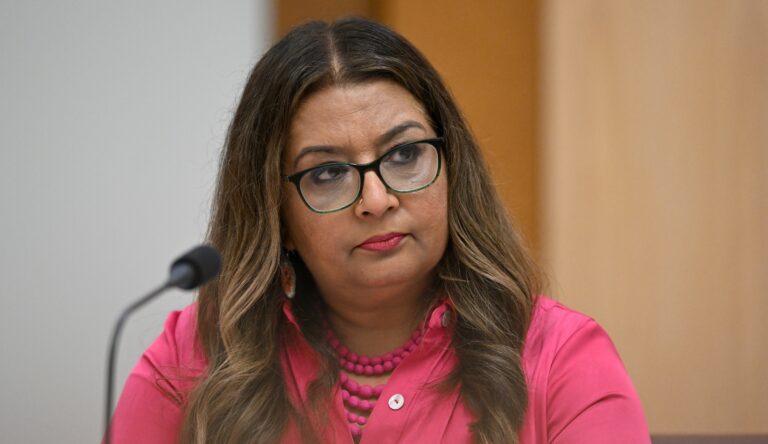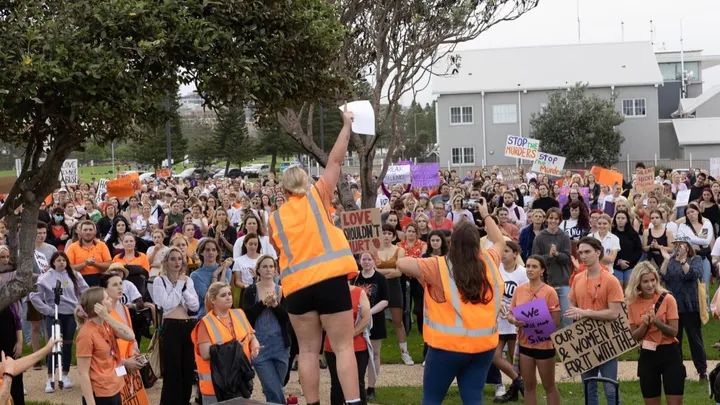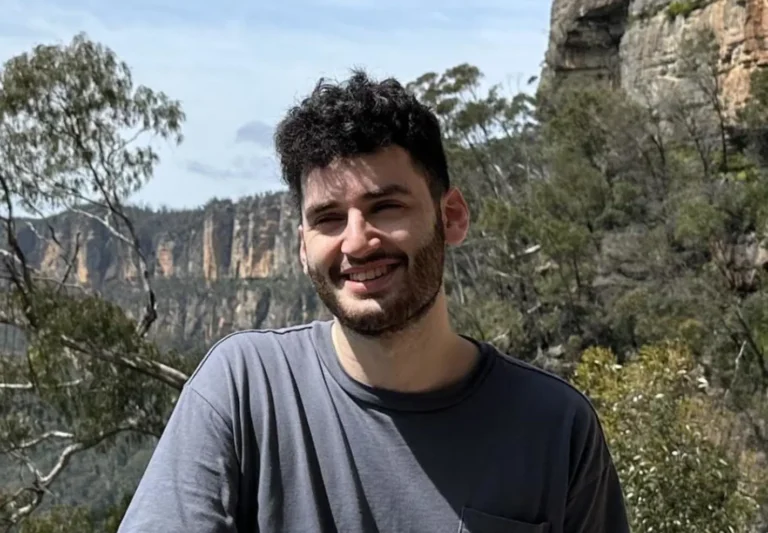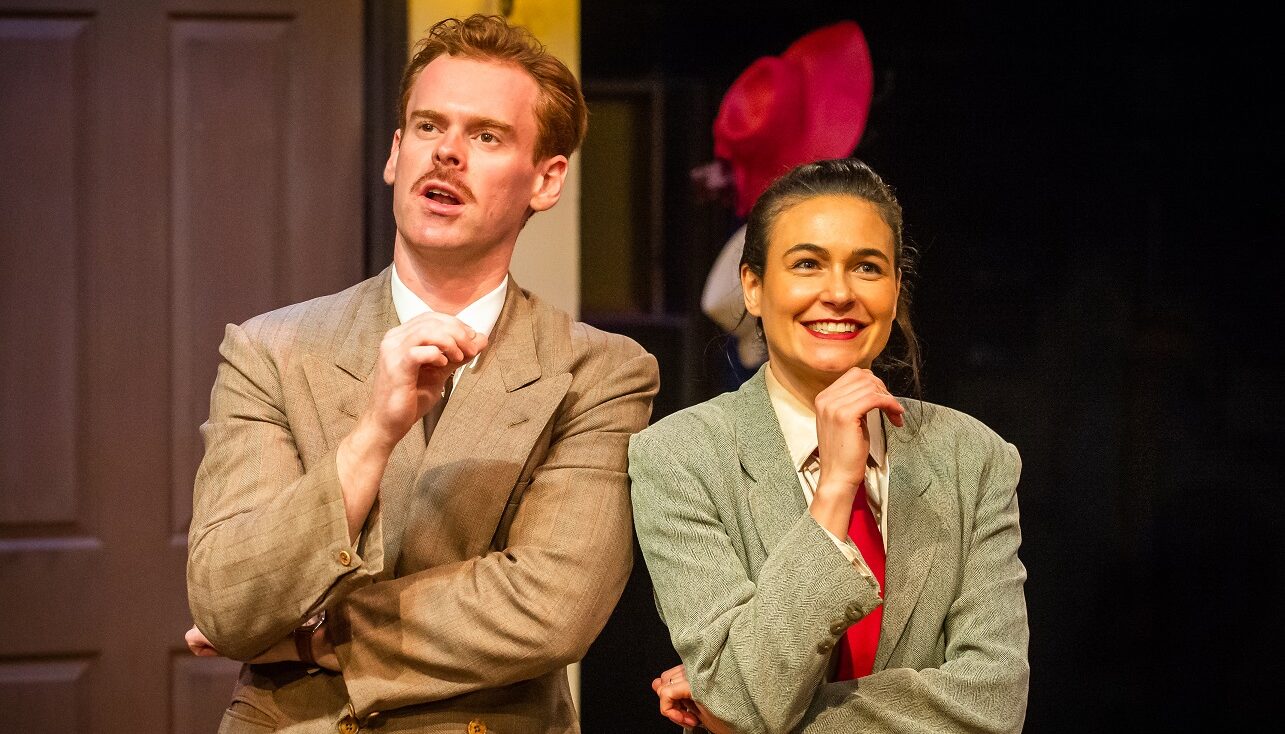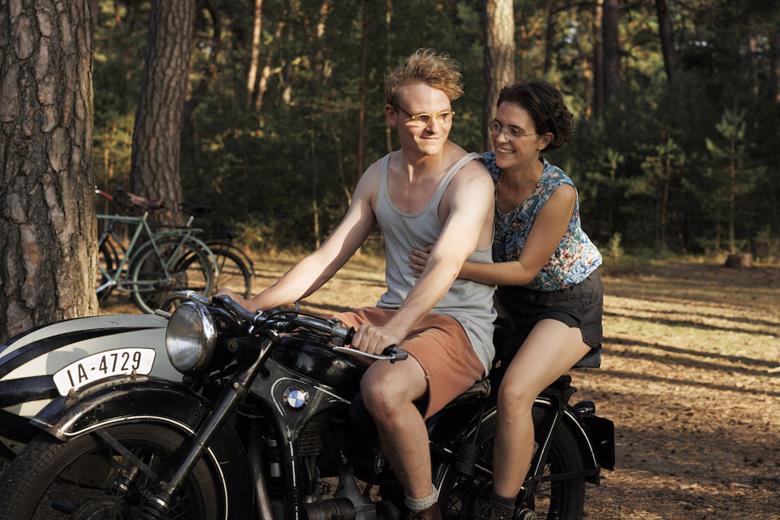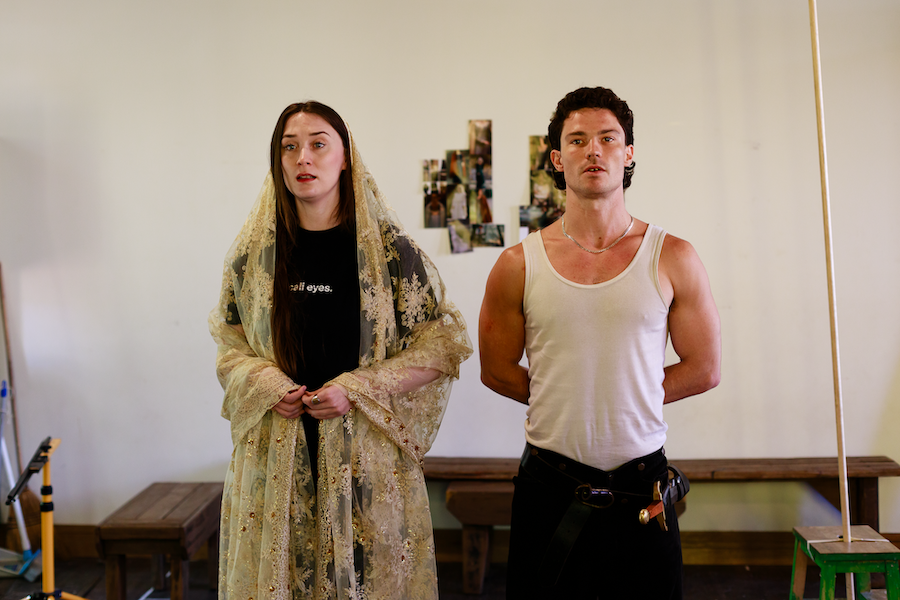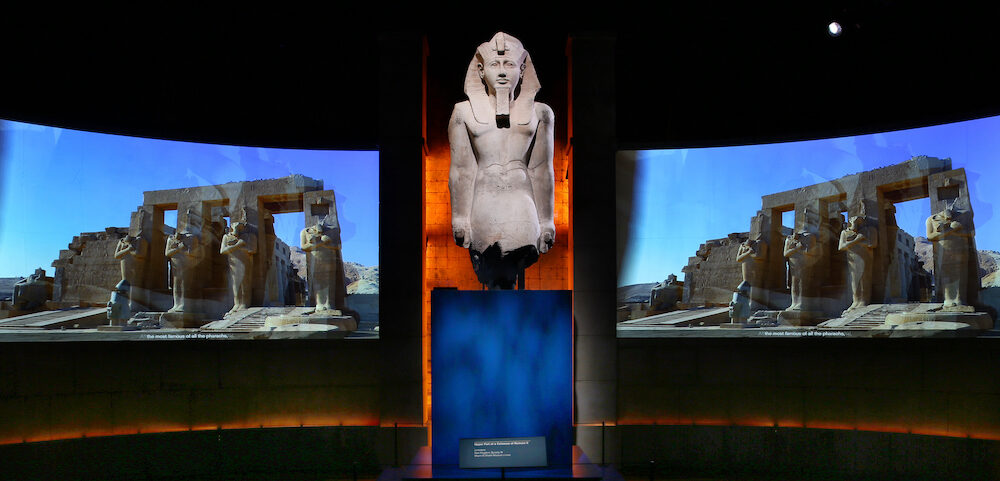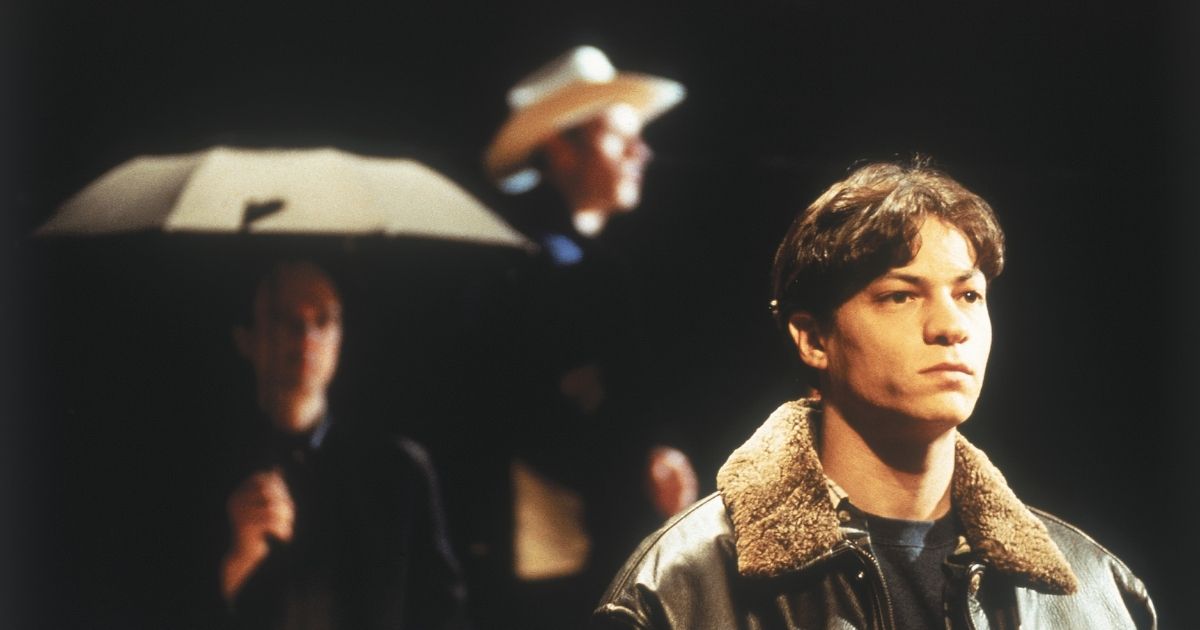
AN INTERVIEW WITH ANNALISE OPHELIAN – DIRECTOR/PRODUCER OF MAJOR!

BY MARK MORELLINI
Annalise Ophelian is the director/producer of Major! an insightful documentary which focuses on a trans woman called Miss Major who has fought for the rights of the transgender community for over 40 years. In the following interview Annalise discusses the documentary and also how inspirational Miss Major and the other women in the film were to her.
HOW WAS THIS DOCUMENTARY FUNDED?
We were generously supported by social justice organisations, but were turned down for the more traditional film funding we sought. Horizons Foundation, Trans Justice Funding Project, and the Astraea Global Arts Fund all gave us funding, and we had an early production Kickstarter campaign that over 500 individuals contributed to.
HOW DID THE IDEA ORIGINATE TO TRANSFORM MISS MAJOR’S LIFE STORY INTO A DOCUMENTARY?
The idea actually came from Miss Major. She and I had worked together on my previous feature, Diagnosing Difference, and shortly after that my partner StormMiguel Florez started working as the Administrative Director for her organisation, TGI Justice Project. I started spending more time at the office, and Miss Major and I would talk, and she’d say “people keep telling me I need to have a story made about my life, and I want you to do it.” At one point, I came in and she grabbed me and said “I had a dream last night about us working together to make this thing happen!” and I was like, okay, let’s do this.
WAS THIS PROJECT A LABOUR OF LOVE FOR YOU PERSONALLY?
I think all documentary filmmaking, and especially social justice documentary filmmaking, is a labour of love for the director. There’s an intimacy with the stories you’re entrusted with telling, that passion has to be there. And as a queer person, when I look at my own history I see clearly that I walk on a path that Miss Major and the other trans women of colour of her generation forged, really fought for, laid their bodies down for. So absolutely when invited to tell this story I wanted to do everything I could to tell it in a way that Miss Major felt was authentic.
WHAT ARE THE ISSUES EXPLORED IN THIS DOCUMENTARY?
The film chronicles Miss Major’s life and campaigns and her 40+ year fight for the rights of trans women of colour, particularly the girls who have been locked up in men’s jails and prisons. We hear from Miss Major and over 20 community members, mostly trans women of colour who are her daughters or granddaughters. It’s a multi-generational story about navigating the world as a young trans woman of colour, it’s an indictment of the prison industrial complex in the United States, there are themes of intersectionality and history, Miss Major was at the Stonewall Rebellion, where she wasn’t particularly politically active, and later locked up at Attica just after the 1971 Uprising, where she had her political awakening by forging a relationship with Frank “Big Black” Smith and some of the leaders of the Uprising. And it’s a story of resilience and survival as a form of resistance.
DO YOU THINK IT SHOULD BE ETHICALLY MANDATORY FOR A DIRECTOR/ PRODUCER WORKING ON A DOCUMENTARY TO HAVE COMPLETE SUPPORT IN THE SUBJECT MATTER AT HAND?
I do, I’d actually broaden that to say directors/producers need to work collaboratively with their subjects at all stages of production, post-production, and dissemination of the work. It’s not just about “support,” but about actively working with folks. I think there’s an old way of making documentary that, much like journalism, asserts that “objectivity” can only be had by filtering the stories of subjects through the omniscient lens of the filmmaker. But this “objectivity” is much more akin to the dynamics of colonialism. When subjects are instead participants, I think you get a much more authentic story.
DO YOU SUPPORT MISS MAJOR’S IDEALS AS AN ADVOCATE FOR TRANSGENDER WOMEN OF COLOUR?
Miss Major often says: “I want things better for everybody, not just my community. And if it were better for my community, it would be better for everyone else.” She teaches such a powerful lesson about how we don’t leave anyone behind, we don’t abandon our community members who are struggling, and we’re only as free as the most vulnerable and oppressed members of our communities. So absolutely, she and the other women in the film are hugely inspirational to me.
TELL ME ABOUT MISS MAJOR, AND DID YOU BOTH WORK WELL TOGETHER?
I can’t begin to describe how much I laugh when I’m with Miss Major. She’s part of my family, I’m so grateful to have had the chance to work with her and to have her in my life. And she’s great to work with on camera, it’s a very inorganic thing, being filmed. And for almost three years I was in and out of her home with all my lights and gear, and she was so generous. That generosity is one of the things that’s really striking about her, and her humour, and her ability to find such joy in little things. Also, she gives the best hugs in the world, Malachi Garza talks about this in the film, but you really do just want her to hold you forever when you hug her.
HAS YOUR INVOLVEMENT IN THE MAKING OF THIS DOCUMENTARY BEEN AN INSPIRATIONAL EXPERIENCE FOR YOU?
I had the good fortune to make this film about a community I was already connected to, along with StormMiguel, who is my partner of 10 years and also the co-producer and editor of the project. We lost community members during the making of the film, which was devastating and actually halted production for a time while we grieved and reoriented ourselves to how we were going to tell the story following those losses. But yes, incredibly inspirational, and also a call to action that I feel and I hope audiences also feel about fighting for trans rights, and against systems of mass incarceration.
WHAT WOULD YOU HOPE STRAIGHT AUDIENCES ABSORB FROM WATCHING MAJOR!?
There’s a traditional “narrative” of trans lives that is actually an artefact of popular media and psychology, its derived from cisgender people and it’s incredibly harmful to trans peoples lives. With this film, we’ve really sought to centre trans women of colour in their own narrative, and I think it’s incredibly important to listen to people, just listen. I hope straight audiences learn more about how incredibly central trans women of colour have been in starting the modern gay rights movement, which has been coopted by white cisgender folks but really started with women like Miss Major fighting against police brutality. I hope through the experiences of trans women of colour who’ve survived incarceration, straight audiences develop a more critical analysis of how the prison industrial complex and mass incarceration don’t foster justice but actually represent a human rights abuse. And I hope to shift all audiences away from the expectation of “trauma porn,” these sort of stories of incredible suffering packaged for entertainment, and instead are inspired by Miss Major and her community not only for what they’ve endured but for how they support each other and insist on justice.
A PARAGRAPH TO ENTICE READERS TO ATTEND A SCREENING OF MAJOR!
Can I give you a quote from Wicked Queer, the Boston LGBT Film Festival who gave us the jury award for Best Doc?
“For best documentary, our jury selected “MAJOR!,” directed by Annalise Ophelian. “MAJOR!” is a film biography of Miss Major Griffin-Gracy, a longtime transgender activist, a participant in the Stonewall Rebellion, and the leader of the Transgender Gender Variant Intersex Justice Project, which advocates for and provides resources to incarcerated transgender women of color. Ophelian’s film paints a nuanced portrait of a complex figure who doesn’t conform to any one simple identity, and it gives voice to a wide range of transgender people who often have no chance to tell their own stories. It is a vivid, thoughtful, and moving film.”
IS IT IMPORTANT THAT DOCUMENTARIES SUCH AS MAJOR! PUSH ISSUES OF ALTERNATIVE LIFESTYLES INTO THE MAINSTREAM? WHY?
I think we’re in a unique media moment of “fascination” with trans lives, and I’m heartened to see women like Janet Mock at the front of this, who insist that this conversation only be had if we’re considering the intersection of racism and sexism and transphobia. Documentary film has the potential to centre voices that are traditionally marginalised and bring these truths to very broad audiences, and of course we know that it’s harder to discriminate against someone you know. So my hope is that documentaries like Major! work to break the stereotypes cis folks have about trans communities, by showing those truths and centering self-representation.
DO YOU THINK THERE ARE MANY OTHER QUEER STORIES WHICH COULD BE FILMED AS DOCUMENTARIES?
There are so many stories! And there are incredible media makers coming from within queer and trans communities of colour that should be getting all the funding and receiving all the support. Groups like QWOCMAP and films like Happy Birthday Marsha and Free CeCe!.
QSFF: Sep 20-25, Event Cinemas, George Street. $19-$85 (5 flexi-pass). Tickets & info: www.queerscreen.org.au
